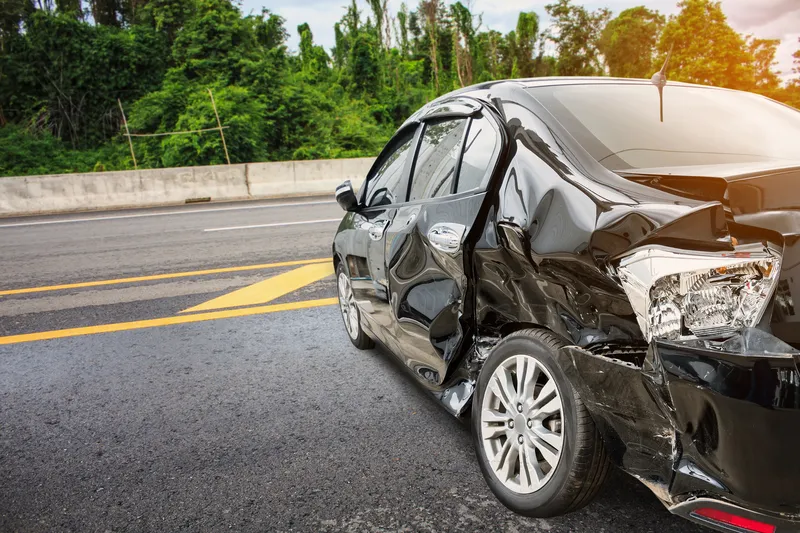The project’s total unique reach on twitter, Tuesday 19 to September, reached 25 million; an increase of 5.5 million from last year's figure of 19.5 million. In addition, there were 8,813 posts over the 48-hour period, and #ProjectEDWARD trended number 1 in Ireland, number 4 in the UK, number 5 in Germany and other countries during the Project EDWARD day.
Project Edward receives financial support from
Ruth Purdie, general secretary Tispol, said: "We are very grateful to everyone who signed the pledge, recorded a video, organised an event and assisted with spreading the Project EDWARD message. It’s time to take a look at how we can continue to innovate for Project Edward in 2018 and beyond… so we’re ready to talk to any organisations interested in working with us as we strive to make zero fatalities a reality on our roads."
Violeta Bulc, EU transport commissioner, said: “Project Edward sets an extremely ambitious target: to achieve a day without a single death on Europe’s roads. In this second edition of the European Day Without a Road Death, we recorded again a significant improvement compared with 2015. This shows that awareness and education, together with effective enforcement of traffic rules, make our roads a much safer place. When all stakeholders come together we can really make an impact and save lives. Let's continue in this mind."
Project Edward: 43 fatalities reported in 31 participating countries, Europe
There are 43 road deaths across 31 participating European countries, according to the latest results by European Day Without A Road Death (Project Edward). The figures have been published by the European Traffic Police Network, Tispol. Findings also revealed that 16 countries had zero fatalities. The project aims to raise awareness of road safety issues and to draw attention to value of national and Europe-wide road safety targets.
October 23, 2017
Read time: 2 mins
There are 43 road deaths across 31 participating European countries, according to the latest results by European Day Without A Road Death (Project Edward). The figures have been published by the European Traffic Police Network, 650 Tispol. Findings also revealed that 16 countries had zero fatalities. The project aims to raise awareness of road safety issues and to draw attention to value of national and Europe-wide road safety targets.









